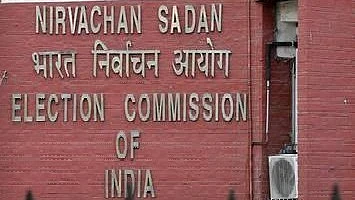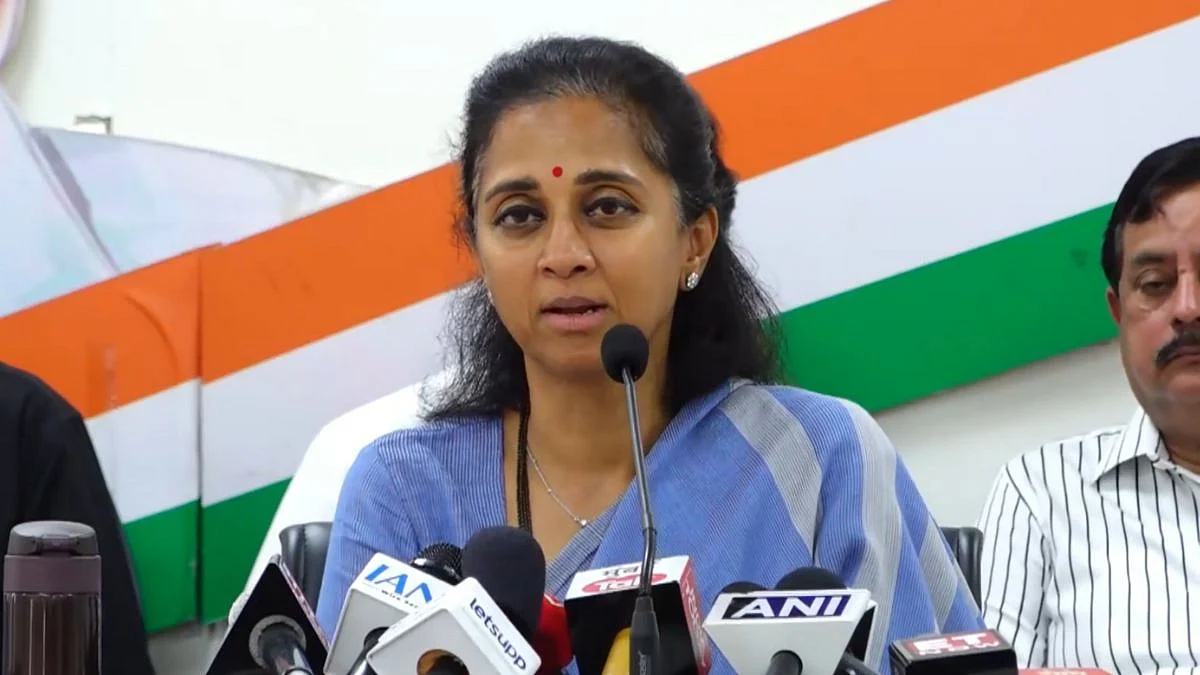The Mumbai bench of the National Company Law Tribunal (NCLT) has dismissed an application filed by applicant’s, Sri Adhikari Brothers Television Network Limited and Markand Navnitlal Adhikari, who sought to stop Canara Bank from proceeding with a show-cause notice (SCN) classifying their account as "fraud".
Background: CIRP and Resolution Plan Approved
Sri Adhikari Brothers Television Network Limited, an MSME, was admitted into the Corporate Insolvency Resolution Process (CIRP) on December 20, 2019, following an application by Canara Bank. A resolution plan submitted by the company's promoters was approved by the Committee of Creditors (CoC) with 93.5% of the vote on October 10, 2022, and subsequently sanctioned by the NCLT on December 8, 2023. Canara Bank, a CoC member with 40.55% voting rights, had voted in favor of the plan.
Despite the approval of the resolution plan, Canara Bank issued an SCN dated October 29, 2024, to the company and its promoter, Markand Navnitlal Adhikari. The notice was based on a Transaction Audit Report dated October 7, 2020, and was issued to determine if the account should be classified as fraudulent.
The applicants had argued that the SCN was an "afterthought" since the Transaction Audit Report had been with Canara Bank since 2020, and no prior action was taken. They also noted that a supplementary audit report dated November 27, 2023, submitted after the suspended management provided additional information, found "no material significant findings" and should have been considered alongside the initial report.
The applicants further contended that the issuance of the SCN was in violation of the approved resolution plan, which provided for the full and final settlement of Canara Bank's claims.
Canara Bank Issues SCN Post-Approval
Canara Bank argued that its action was not in contravention of the resolution plan or the IBC. The bank stated that the SCN was issued in accordance with the RBI's Master Circular dated July 15, 2024, and a ruling by the Supreme Court in State Bank of India Vs. Rajesh Agarwal. The bank maintained that the SCN was a preliminary step to examine the accounts and determine if fraud had been committed, a process distinct from the resolution proceedings.
The NCLT agreed with the bank's submissions, finding that the issuance of the SCN did not violate the approved resolution plan. The Tribunal's key findings were: The NCLT determined that the SCN, issued under the RBI Master Guidelines, was a distinct process from the resolution plan and was not for the recovery of claims. The Tribunal noted that the action was aimed at investigating potential fraud, a matter that is still at a preliminary stage.
NCLT’s Verdict: No Conflict, No Interference
The Tribunal found that the applicants' claims of prejudice and harm to the resolution plan were based on "assumptions" and lacked sufficient evidence. Since the matter was only at the SCN stage, the Tribunal found no reason to interfere and held that examining a potential conflict between RBI guidelines and the IBC would be premature.
Application Dismissed
The Tribunal also rejected the applicants' requests for an interim stay and for a direction to the bank to consider their preliminary objections before merits, stating that the bank must follow the procedures outlined in the RBI guidelines. Based on these findings, the NCLT dismissed the application, concluding that it could not interfere with a process that was not under the provisions of the IBC.









